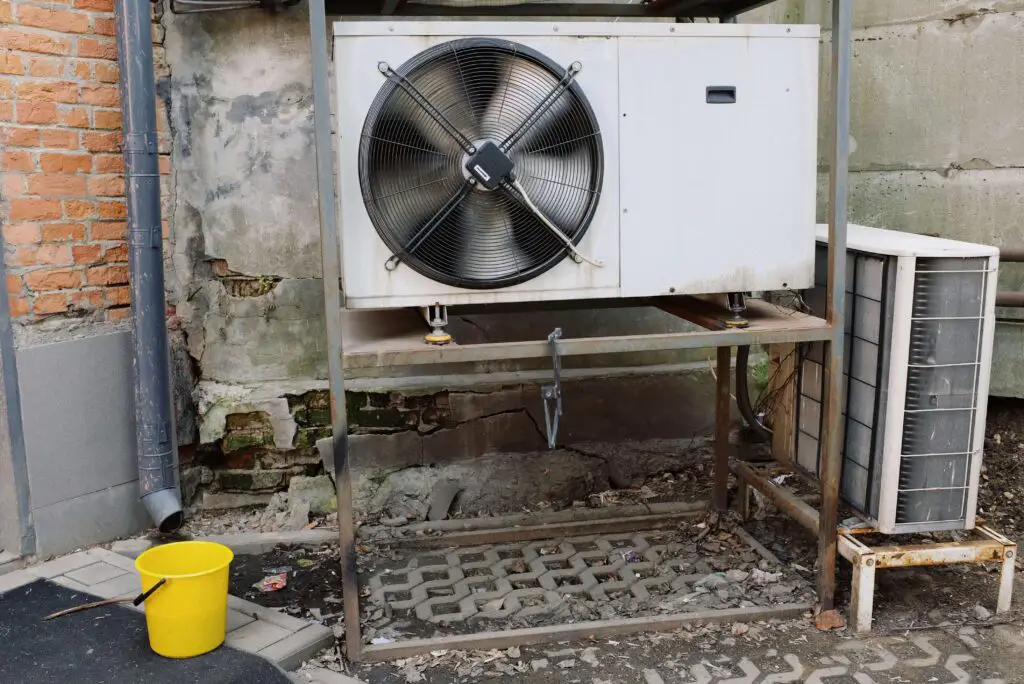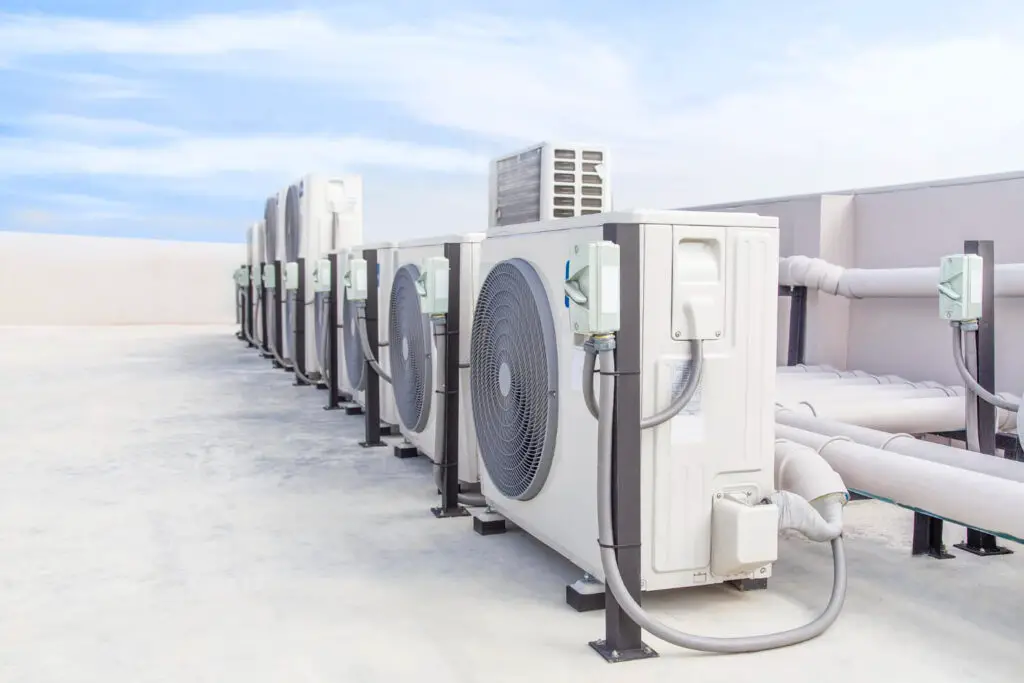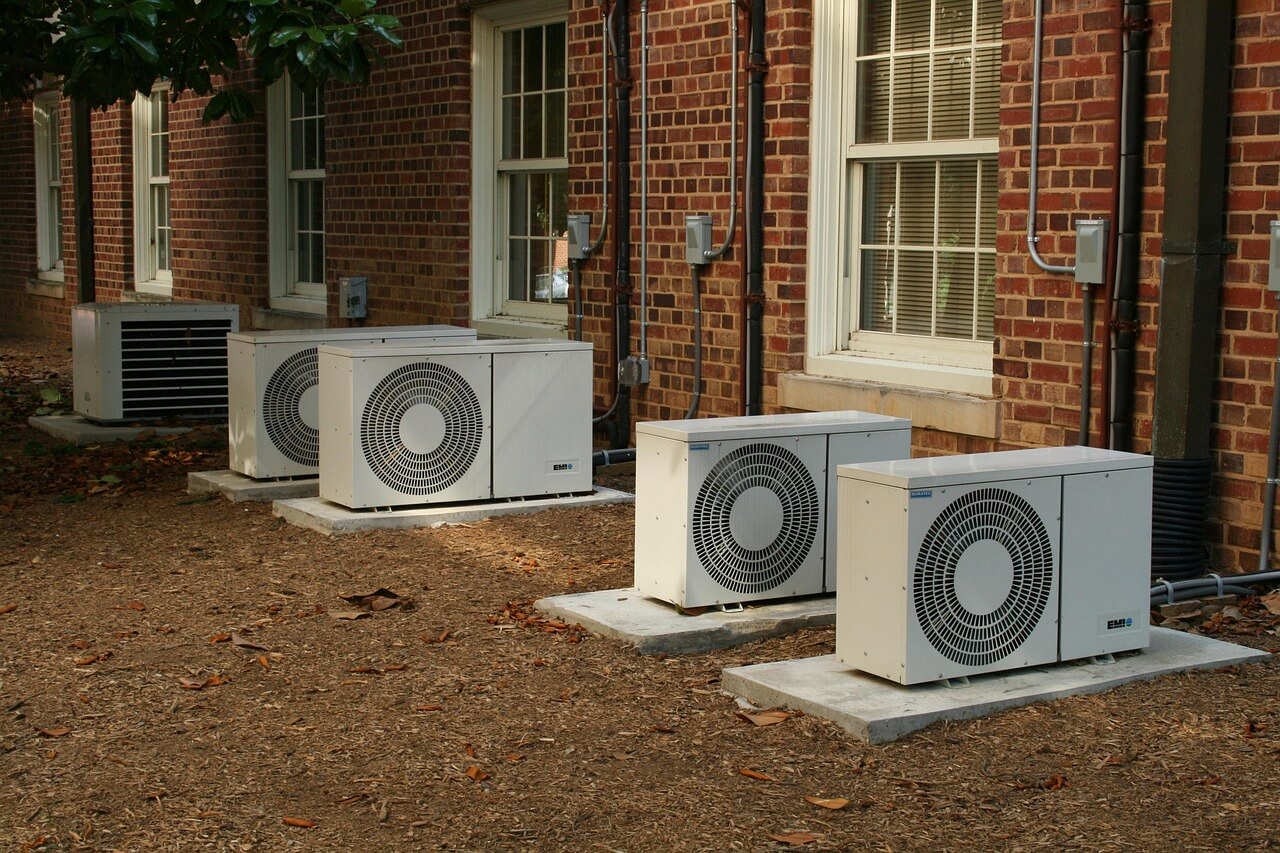For business owners, a well-functioning HVAC system is more than a convenience; it’s crucial. Whether you run a small office, retail store, restaurant, or industrial facility, heating, ventilation, and air conditioning systems directly influence your comfort, operations, and bottom line. When these systems fail, productivity stalls, customer satisfaction drops, and energy bills can skyrocket. That’s why knowing when and how to schedule HVAC repair services is vital for long-term business success. In this article, we’ll cover the critical factors business owners should understand about HVAC maintenance and repair. From recognizing early warning signs to working with reliable professionals, here’s what you need to know to keep your business running smoothly.
Understanding the Stakes
A malfunctioning HVAC system doesn’t just mean discomfort; it could lead to serious operational disruptions. For restaurants, spoiled food from an underperforming cooling system can result in revenue loss. In data centers, temperature fluctuations could damage sensitive equipment. For retail businesses, inconsistent heating or cooling may drive customers away.
The financial risks are clear, but so are the health and safety concerns. Poor ventilation contributes to indoor air quality issues, spreading allergens, mold spores, and even pathogens. Overworked systems increase fire hazards or mechanical failures. Regular service and prompt repairs ensure that these risks are minimized, protecting both people and property.
Choosing the Right HVAC Partner for Your Business
Not all HVAC service providers are created equal. Business owners should prioritize finding a partner who is licensed, insured, and experienced in commercial systems. Unlike residential units, commercial HVACs are more complex, often involving rooftop units, split systems, and integrated ventilation networks. According to https://www.pureair-coolingheating.com/hvac-commercial-service-details.html and other reputable sources, selecting a commercial HVAC specialist ensures that repairs meet both performance standards and regulatory codes. These companies typically offer 24/7 emergency support, custom maintenance plans, and advanced diagnostics tailored to large systems.
Ask for references, verify credentials, and inquire about experience with businesses similar to yours. A good HVAC provider becomes a partner, not just a vendor, invested in your operational success.
Recognizing the Early Warning Signs of HVAC Trouble
Before an HVAC system breaks down completely, it often sends out signals. Recognizing these early signs helps prevent major repairs, costly downtime, or permanent equipment damage.

Some common red flags include:
- Unusual noises like banging, screeching, or rattling
- Inconsistent temperatures across rooms
- Poor airflow or blocked vents
- Spikes in utility bills without increased usage
- Frequent cycling on and off
- Unpleasant odors such as mustiness or burning smells
Don’t ignore these signs, even if the system seems to be working. A minor issue left unchecked can escalate into a system-wide failure. Call in a technician as soon as you spot something unusual.
Scheduling Repairs Without Disrupting Business Operations
Coordinating repairs around your daily operations is crucial. Choose service times during off-peak hours or days when customer or employee traffic is lowest. Some HVAC companies offer after-hours or weekend repairs to accommodate business schedules.
Communication with employees and customers is key. Post signage or send out notices if repairs may impact indoor temperatures or access. For multi-tenant buildings, coordinate with building management or other tenants to ensure alignment and transparency.
In environments where climate control is mission-critical, like healthcare facilities or manufacturing plants, temporary solutions like portable units can help bridge the gap during repairs.
Building an HVAC Maintenance Schedule That Works
Preventive maintenance is your best defense against emergency repairs. Scheduling bi-annual service visits, ideally in spring and fall, keeps your system running at peak efficiency year-round. During these visits, technicians can clean filters and coils, check refrigerant levels, inspect electrical components, and make minor adjustments.
Many providers offer service contracts that lock in rates and prioritize your business for emergency calls. These contracts give you consistent record-keeping for audits or insurance purposes.
How Repair Decisions Affect Long-Term Business Costs
Business owners must weigh the cost of repairs against the system’s age and performance. If your HVAC is older than 10–15 years and repairs are becoming frequent, it may be more cost-effective to replace it. A repair might solve a short-term issue, but older systems lack modern energy-efficiency standards and can drive up utility bills.
Discuss these decisions with your technician. They can conduct performance assessments and provide quotes for both repair and replacement. Consider the total cost of ownership, including repair frequency, energy consumption, and downtime risk, when deciding how to proceed.
Documentation and Warranty Considerations
Keep a detailed log of all service visits, repairs, part replacements, and technician notes. This documentation is critical for:
- Validating warranty claims
- Proving compliance during inspections
- Budgeting for future HVAC upgrades or system overhauls

Warranties often require proof of regular maintenance, and failing to provide it could void your coverage. Ask your HVAC contractor about warranty terms on parts and labor, and clarify what’s included in your service plan.
Digital tools and cloud-based portals provided by HVAC companies make it easier than ever to track this documentation across multiple properties or locations.
How Technology Is Simplifying HVAC Monitoring
Smart HVAC technology is changing the way businesses manage heating and cooling. Sensors and connected thermostats now allow real-time tracking of system performance, energy usage, and indoor air quality. These systems can alert facility managers to temperature anomalies, airflow issues, or failing components before they escalate.
Remote access and monitoring platforms allow you to adjust settings, shut down systems, or trigger emergency service, whether you’re on-site or across the country. For larger operations, these insights help identify inefficiencies across locations and reduce waste.
Investing in smart HVAC tech helps catch problems early and supports sustainability initiatives and compliance with green building standards.
HVAC systems aren’t just part of your building; they’re part of your brand, your employee satisfaction, and your bottom line. Proactive repair scheduling, combined with thoughtful partner selection and regular maintenance, reduces risks and boosts operational efficiency.
As a business owner, understanding how and when to schedule HVAC repairs protects your assets and ensures a comfortable, safe environment for everyone who walks through your doors. With the right strategy, you can avoid surprises, manage costs, and extend the life of one of your most critical infrastructure systems.






